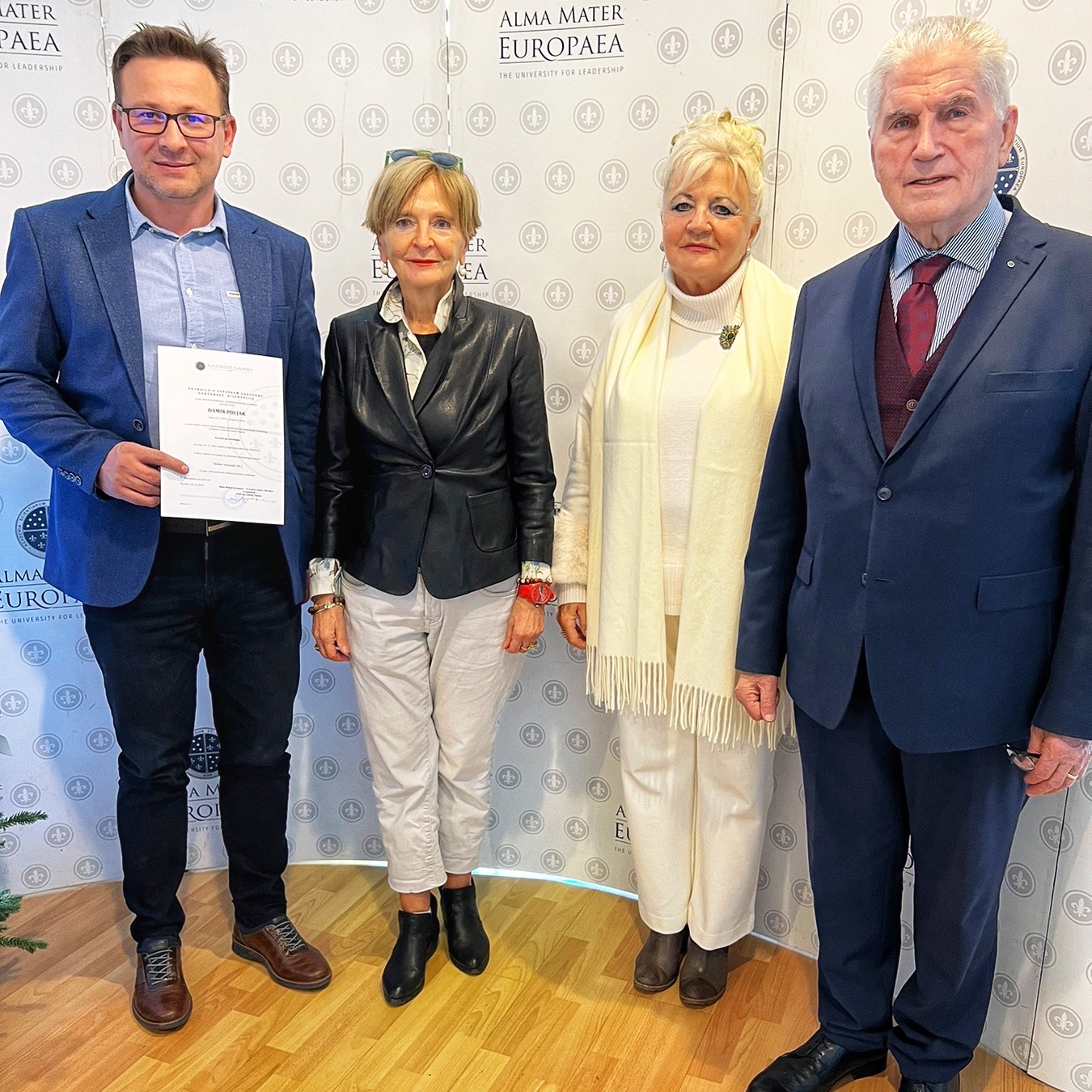
What affects the quality of life of the elderly?

Social, economic, and cultural factors influence the position of the elderly in society. The purpose of the research of Damir Poljak's doctoral thesis was to find out the socio-cultural components of the life of the elderly and how they affect the quality of life of the elderly.
Discovering and understanding the social and cultural components of quality of life is extremely important for improving the quality of life of the elderly. The socio-cultural features of quality of life include the living environment, the availability of health and social services, the subjective experience of one's physical and mental health, material security, and living conditions. "With my doctoral thesis, I confirmed the hypotheses that there is a connection between factors of social inequality and the quality of life of the elderly in Croatia, as well as between factors of individualism and quality of life and between factors of uncertainty control and quality," says Damir Poljak. He continues that socio-cultural components make up the subjective perception of satisfaction with life and quality of life in general.
"Due to the rise in living standards and the improvement of the health and social care system, we are witnessing an increase in life expectancy. It is predicted that by 2060, the average age of European Union residents will remain at 47.6 years. This is 15 years more than in the previous century," points out the doctoral student. He adds that the increasing proportion of older adults in society represents an economic and social challenge for managing the health and social system at the local and national levels. "However, the research showed that the quality of life in adulthood does not differ according to gender, which is not an expected result, as it has been proven in other research that men have a better quality of life or vice versa," he points out.
Socio-cultural components of the quality of life depend on social inequality, life orientations, control of uncertainty, and individual action through individualism. "Looking at the historical, cultural, and political determinants of social and political life in Croatia is the basis for understanding the current dilemma. The solution to the problem lies in building social networks and social support, understanding changes in the family structure, and identifying the health factors of the individual's physical, mental and spiritual health and the influence of socio-economic factors.

